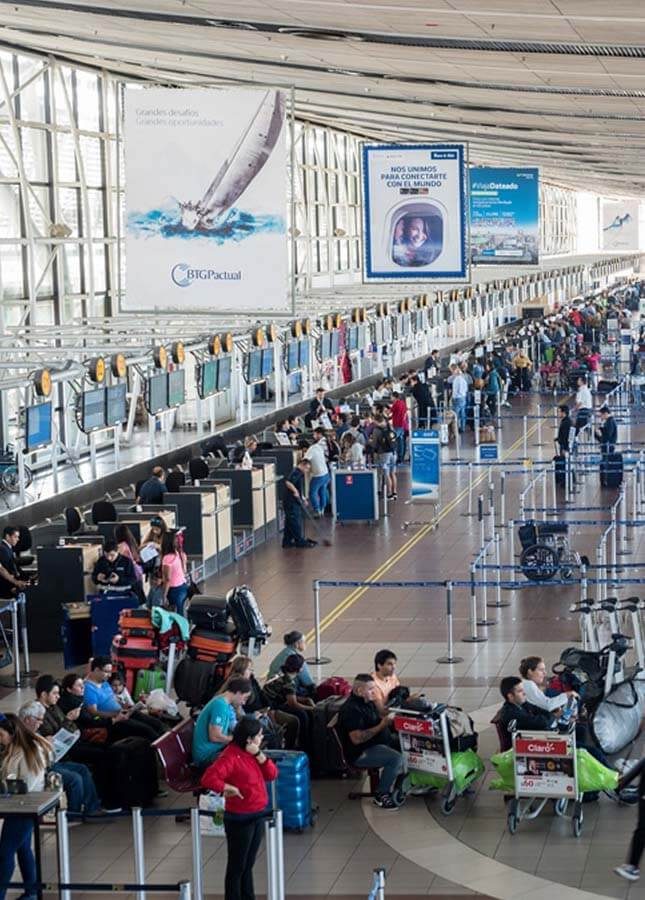1. Introduction
Iquique Diego Aracena International Airport, situated in northern Chile, serves as a vital gateway to the region. With a strategic location connecting Chile with neighboring countries, the airport plays a crucial role in facilitating domestic and international air travel, contributing to the economic development of the area.
2. Location
It is located along the Pacific coast, Iquique Diego Aracena International Airport is located in the city of Iquique, capital of the Tarapacá Region. Its coastal setting not only provides stunning views for travelers but also enhances the airport’s accessibility, making it a key transportation hub in the region.
3. History
It was established to meet the growing demand for air travel, Iquique Diego Aracena International Airport has a rich history dating back to its inauguration.
4. Facilities
Iquique Diego Aracena International Airport boasts modern facilities designed to enhance the passenger experience. From well-equipped terminals and lounges to efficient check-in and baggage handling services, the airport prioritizes comfort and convenience for travelers, ensuring a seamless journey.
5. Airlines and Destinations
The airport serves as a hub for various domestic and international airlines, connecting passengers to a range of destinations. Travelers can access major cities in South America and beyond, with a diverse array of airlines offering regular flights, fostering regional connectivity and global accessibility.
6. Transportation Infrastructure
Iquique Diego Aracena International Airport is well-integrated into the local transportation network. Convenient ground transportation options, including taxis, shuttles, and rental car services, provide passengers with easy access to and from the airport, ensuring efficient connectivity to the surrounding areas.
7. Cargo Operations
Iquique Diego Aracena International Airport plays a pivotal role in facilitating the movement of goods. Robust cargo operations and storage facilities contribute to the region’s economic development by supporting the import and export of goods, linking businesses to global markets.
